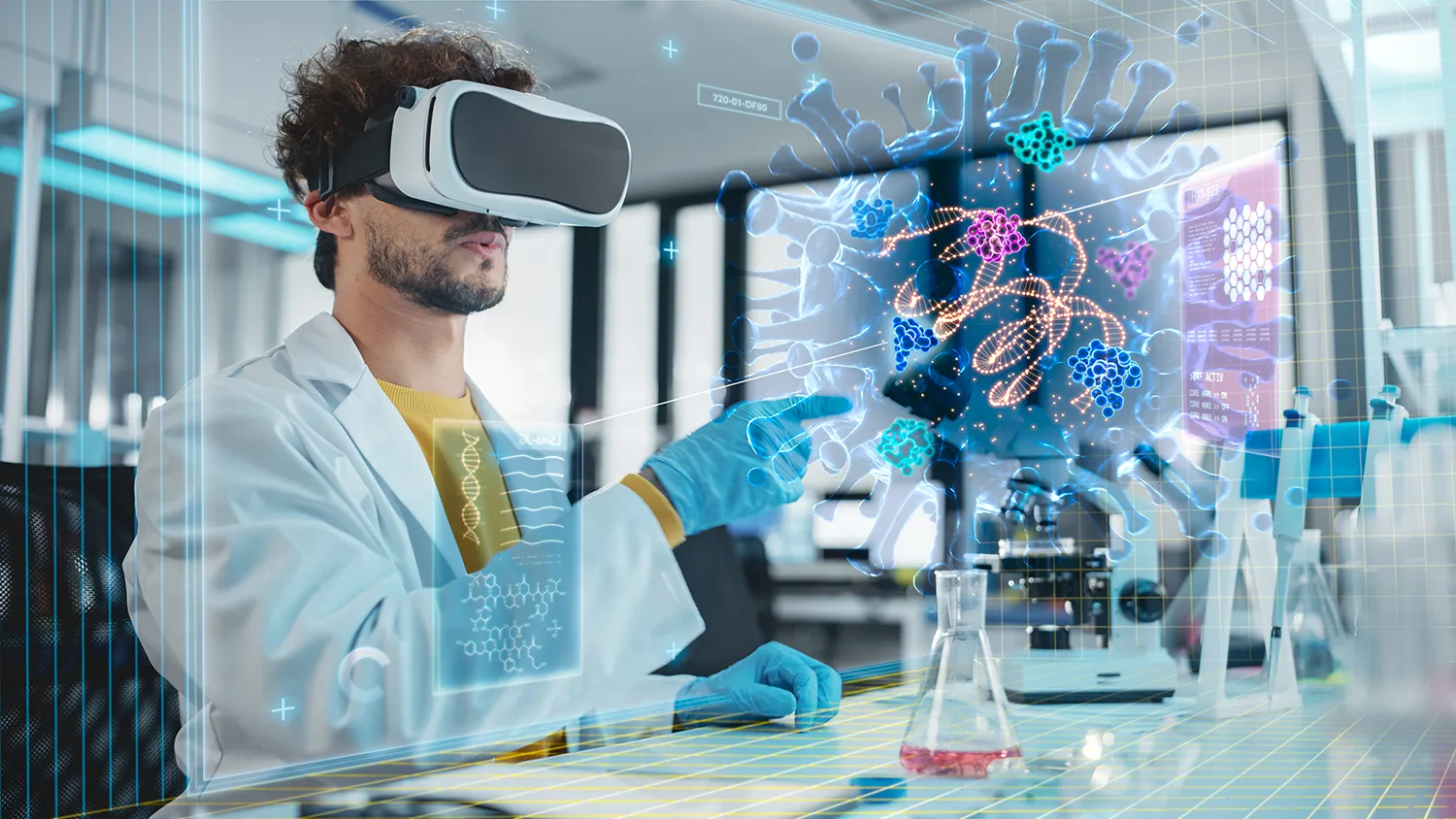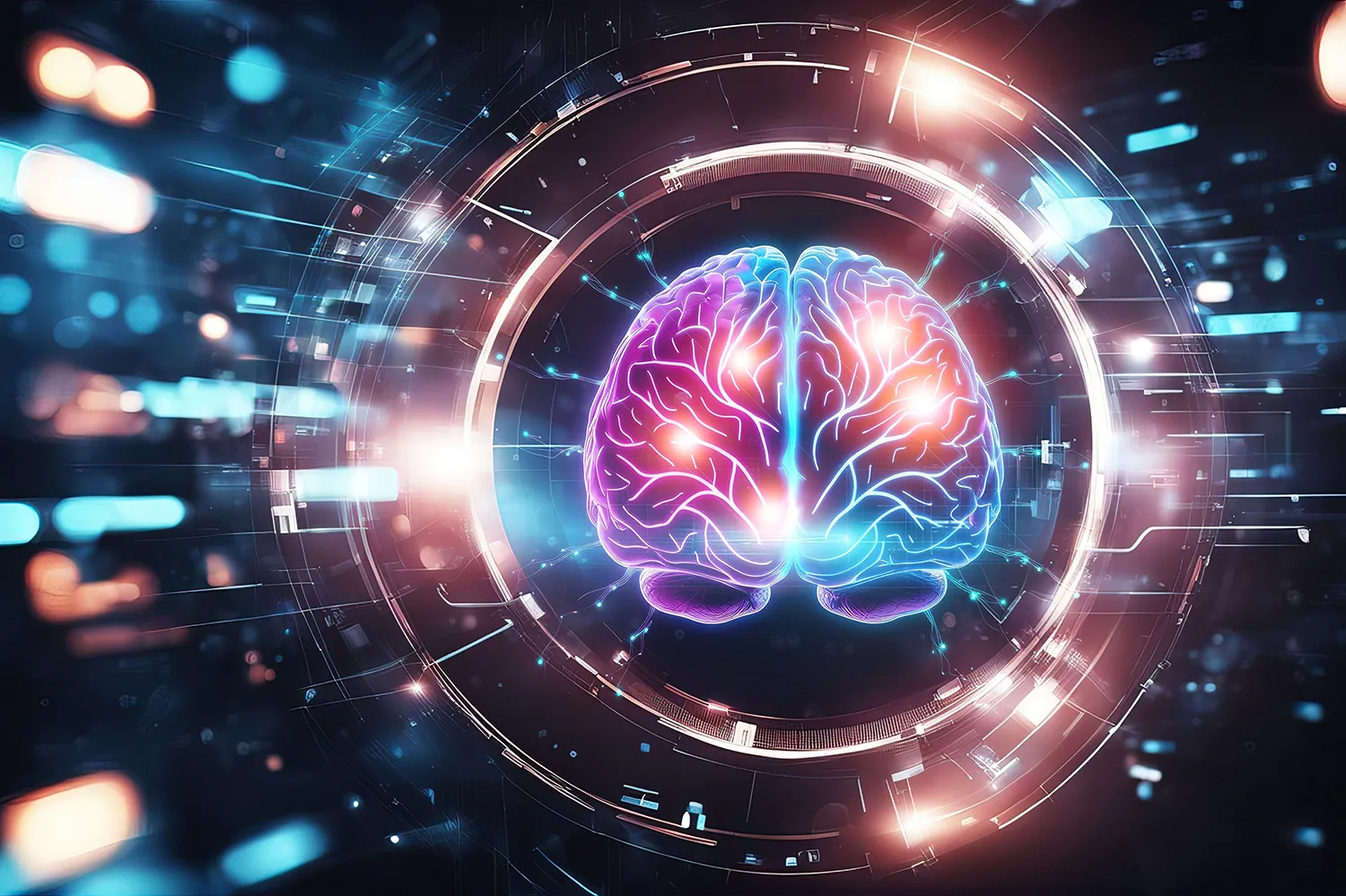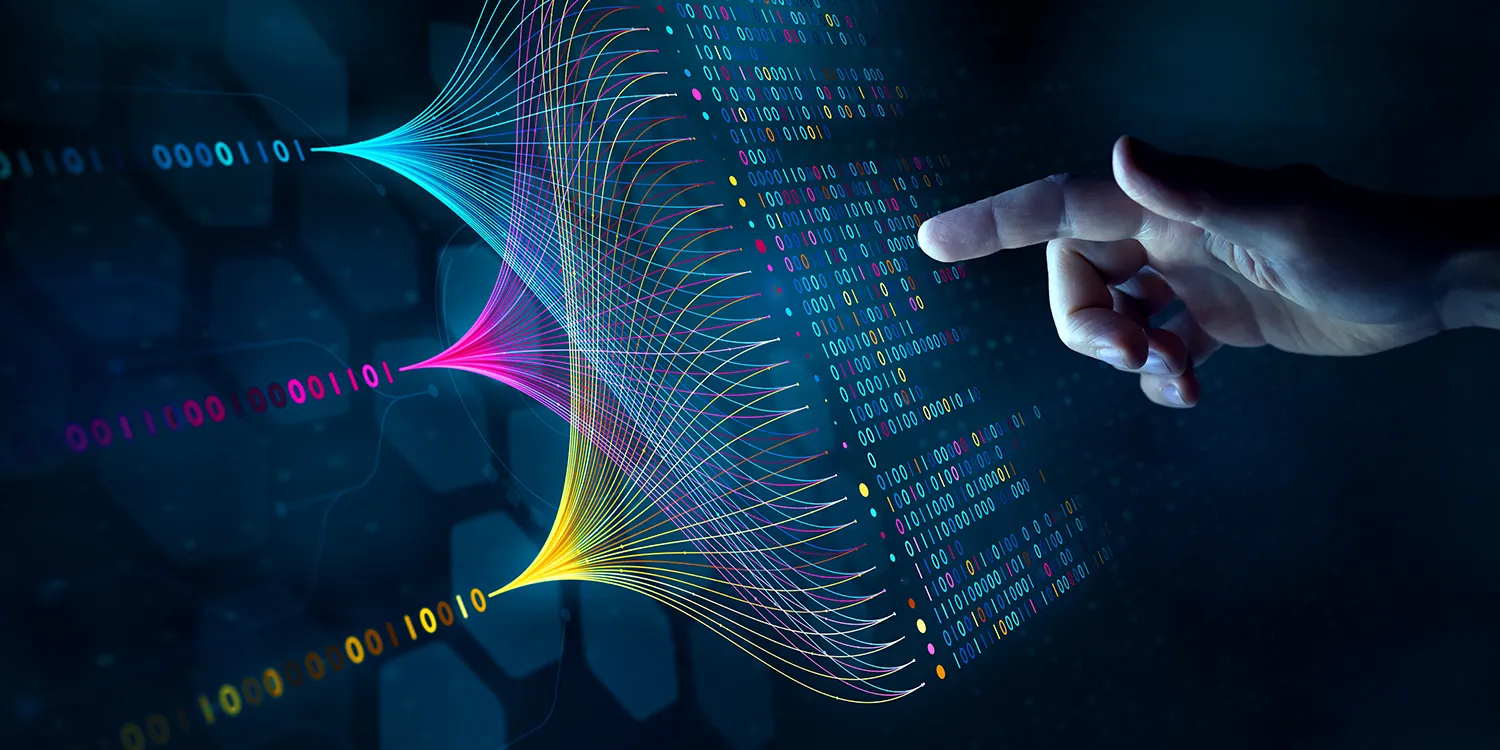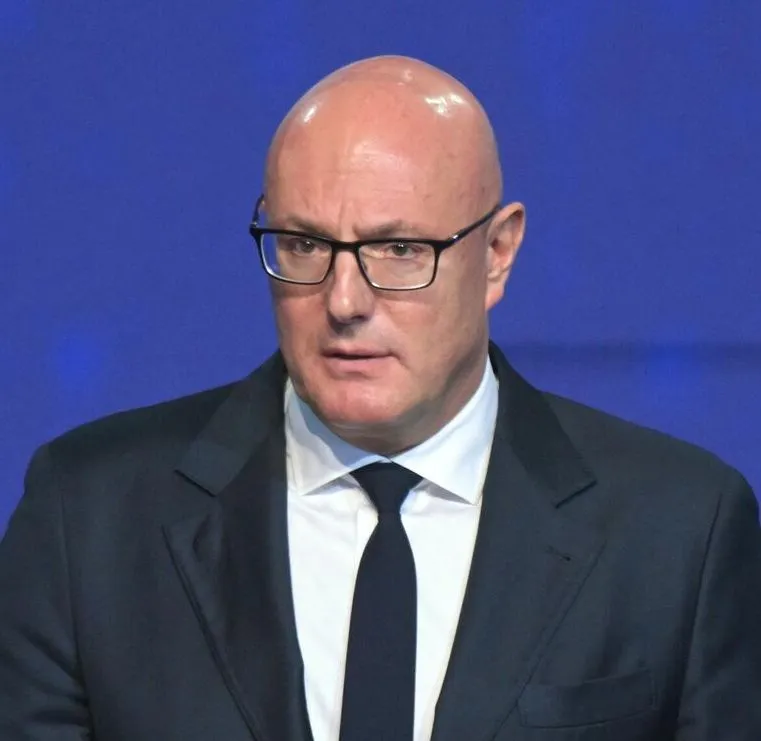AI in Russia: A Digital Revolution Rooted in Scientific Equality

At Russia’s premier economic forum, a clear message emerged: artificial intelligence is no longer just a tool for business or entertainment. It is becoming a core engine of scientific progress.
Innopolis: A National AI Testbed
At the St. Petersburg International Economic Forum, Alexander Gasnikov, Rector of Innopolis University, voiced a vision that’s rapidly gaining traction in Russia: AI won’t replace scientists — it will dramatically accelerate their work. “In just a few years, I believe that AI assistants will boost scientific productivity by up to tenfold,” he stated. His remarks reflect the seismic shift underway in Russia’s research ecosystem — one driven by technology, structured thinking, and aspirations of global leadership.
Innopolis University is becoming a flagship institution in this transformation, developing not only a new educational model but an AI ecosystem. Government backing, strategic partnerships with industry, and initiatives to teach AI literacy to schoolchildren all position the university as a bellwether for change.
AI is already embedded in laboratory workflows at Innopolis: analyzing large datasets, formulating hypotheses, and automating experiments. Within the next two years, the university expects to open additional AI laboratories focused on industrial and healthcare applications. Plans are also in place to launch scientific accelerators that could fuel AI startups aimed at both domestic and global markets.
AI's integration into academia is far from abstract speculation. It holds real promise for improving quality of life. Russian citizens could benefit from faster and more accurate scientific results, as well as new applications of AI in education and healthcare. For the country itself, this movement boosts scientific capability, reduces dependence on foreign technologies, and reinforces Russia’s image as a technological power.

What This Means for Russia — and Its Citizens
Russia’s strategy is to assert technological sovereignty while remaining an equal participant in global innovation. Export-ready AI platforms, international scientific collaborations, and increased recruitment of foreign students and researchers are already key pillars of Innopolis’s roadmap.
Russia’s Road to AI-Driven Science
Russia’s AI development over the past five years has followed a deliberate path — from isolated efforts to a national strategy, from school-level pilots to world-class research platforms. Innopolis is now at the epicenter of this shift, but the journey was methodical and, crucially, self-directed.
2020–2021: Russia laid the foundation for its AI-literate generation. Nationwide programs introduced IT education to children and teens. Hundreds of IT Cube centers opened, and digital creativity clubs flourished. Major tech companies — including Yandex and Sber — launched educational platforms, online courses, and competitions. Meanwhile, Skolkovo invested in the first AI startups, and universities formed dedicated AI departments. AI was no longer abstract — it entered classrooms and hackathons.
2022–2023: The focus shifted to applied AI — in healthcare, government, and urban planning. Hospitals adopted AI for diagnostics and epidemic monitoring. Cities like Moscow and Kazan integrated AI into smart city systems — managing traffic, utilities, and transit. State agencies began using machine learning for socioeconomic forecasting, fraud detection, and program evaluation.
2024: Human + AI = a new scientific paradigm. This year marked a philosophical turning point. Russia’s top universities — MSU, HSE, ITMO — published manifestos advocating for the researcher-AI symbiosis. AI now assists in literature review, hypothesis generation, and model building. Ethical questions, accountability, and trust are under discussion in labs across the country.
At the same time, the Russian government institutionalized AI development with federal grants, roadmaps for integration in science and education, and strategic support for R&D.

The Future Belongs to AI Platforms Made in Russia
By 2030, Russia aims to be a global exporter of academic AI solutions. The groundwork is already in place: tools that can autonomously analyze data, suggest hypotheses, and run interdisciplinary research are emerging. Innopolis’s model is being scaled to regional universities, where AI tools are being embedded into both teaching and research workflows.
AI-focused startups, accelerators, and an entire academic tech market with international potential are forming around this movement. Rector Gasnikov’s declaration is more than rhetoric — it’s a manifesto for a new scientific policy: AI is not a competitor to humans, but a cognitive amplifier. Russia is placing its bet on responsible, intelligent AI to transform science, education, and the economy. This is its strategy for technological sovereignty and a bid for leadership in a future where speed of thought and analytical depth are the currencies of progress.










































